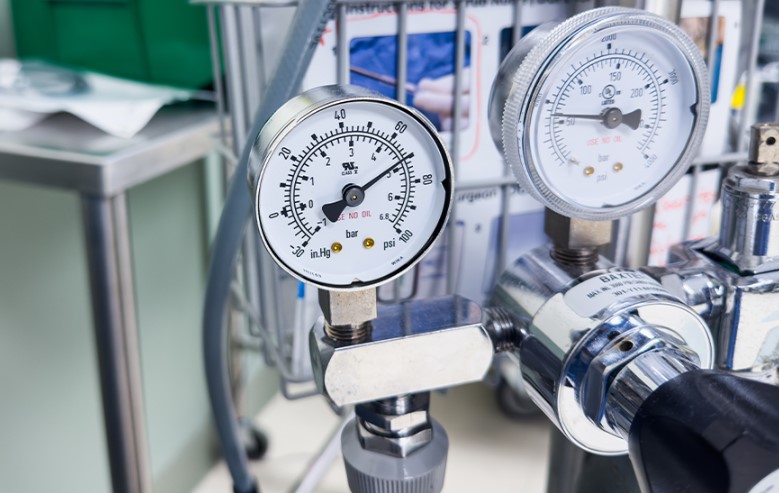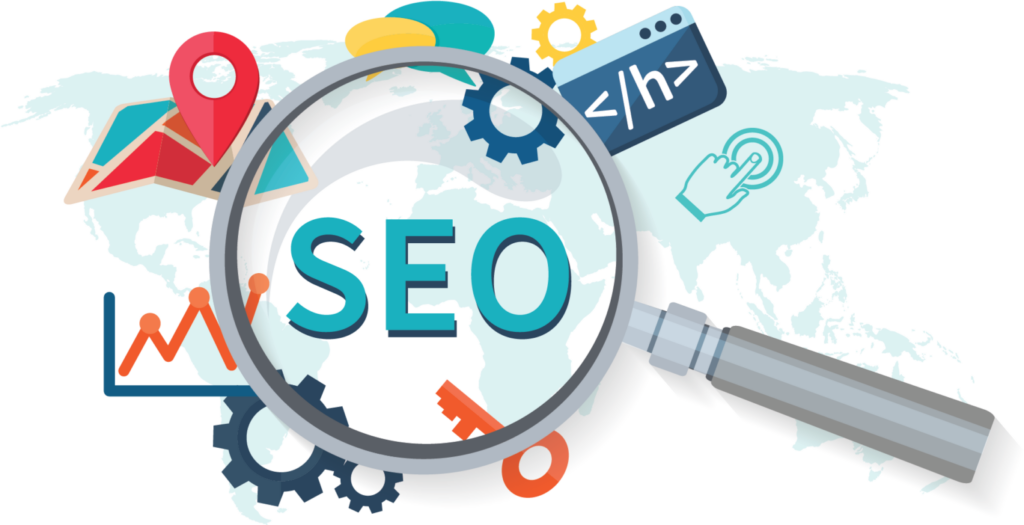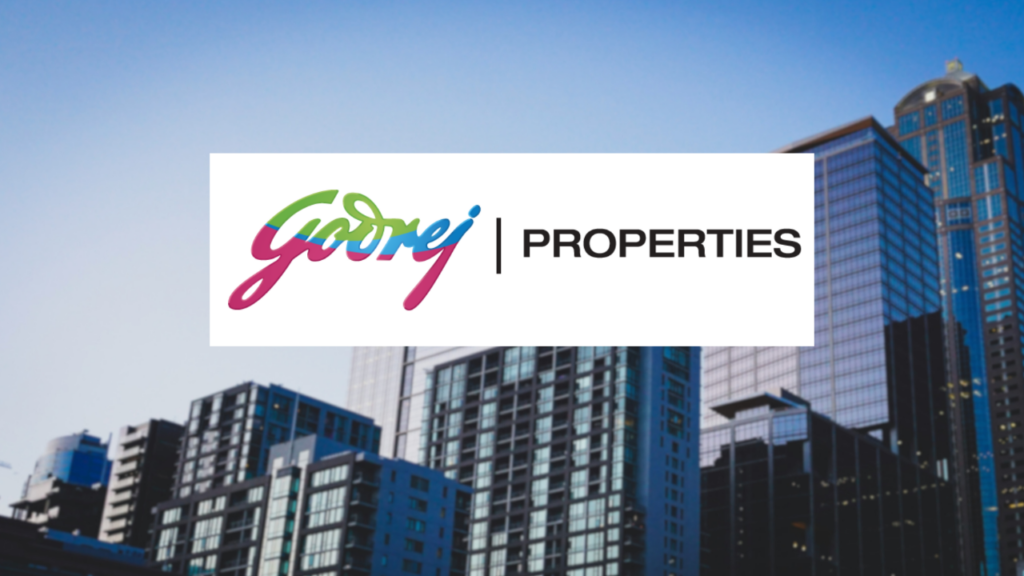High-pressure equipment calibration is quite paramount in any industrial setup where precision is paramount for the sake of safety and effectiveness. Searching for reliable high pressure calibration providers in Singapore might be quite important, especially if you deal with extreme conditions on the field using your equipment. Ensuring that all instruments are perfectly calibrated will keep your operations smooth, safe, and up to standard.
First impressions can be overwhelming with the many available options in high pressure calibration providers. With just a few simple guidelines and a methodical approach, you can find a service provider that is right for you. In the following, let us guide you through the process of finding a good calibration provider in Singapore.
1. Understand Your Calibration Needs
Before you start searching for a provider, it’s essential to understand exactly what you need. Different industries and applications require various types of calibration. For instance, some industries may require very high precision due to the sensitive nature of the equipment they use. So, determining your specific needs is a critical first step.
Pointers to Keep in Mind:
- Identify the exact equipment that requires calibration.
- Determine the level of accuracy you need based on your industry.
- Know the frequency of calibration recommended by equipment manufacturers.
2. Look for Accreditation
When searching for reliable calibration services, always look for accreditation from recognized bodies. Accredited calibration providers follow strict international standards, ensuring that your equipment is calibrated to the highest level of accuracy.
Pointers to Keep in Mind:
- Ensure the provider is accredited by relevant authorities (e.g., Singapore Accreditation Council).
- Verify if their accreditation covers the type of equipment you are using.
- Accreditation is a good sign that the provider follows strict quality control measures.
3. Check Their Reputation
Next, take some time to check the reputation of the calibration provider. A well-established company with a solid track record will often offer better services than newer, less experienced providers. Reputation can be assessed by looking at customer reviews, case studies, or testimonials.
Pointers to Keep in Mind:
- Read online reviews from previous customers.
- Ask for references from the provider to learn about their past projects.
- Ensure they have a good reputation for providing accurate and reliable calibration services.
4. Evaluate Their Experience
When it comes to calibration, experience matters a lot. Providers who have been in the business for several years tend to have the expertise needed to handle a wide range of high-pressure equipment. Therefore, choosing a provider with significant experience is critical.
Pointers to Keep in Mind:
- Look for providers with at least five years of experience in high pressure calibration.
- Evaluate their experience in your specific industry.
- Ask about the types of equipment they have worked with.
5. Assess Their Capabilities
Beyond reputation and experience, the provider’s technical capabilities are essential. They should be able to handle your specific calibration needs, whether that means working with equipment operating under extreme pressure, managing a variety of units, or offering calibration services both on-site and off-site.
Pointers to Keep in Mind:
- Check if they can handle different types of high-pressure equipment.
- Ensure they have the necessary equipment and technology to perform precise calibration.
- Ask about their ability to perform calibration at your site if required.
6. Ask About Their Turnaround Time
One often overlooked factor is the provider’s turnaround time. Since calibration might involve taking critical equipment out of service, minimizing downtime is essential. Ask potential providers how long they will need to complete the calibration and make sure it fits within your operation’s schedule.
Pointers to Keep in Mind:
- Find out the typical turnaround time for high pressure calibration services.
- Ask if they offer emergency services or expedited calibration if needed.
- Consider providers who offer fast service without compromising on quality.
7. Compare Costs
Of course, cost is always a factor when selecting a calibration provider. While it might be tempting to go with the cheapest option, remember that quality and reliability are far more important when it comes to high pressure calibration. A low-cost provider might cut corners or use outdated equipment, which could end up costing you more in the long run.
Pointers to Keep in Mind:
- Get quotes from several providers to compare prices.
- Avoid providers who offer significantly lower prices than competitors without providing valid reasons.
- Consider the long-term cost of poor calibration services, which could result in expensive equipment failures.
8. Look for Additional Services
Some calibration providers go beyond just calibration and offer additional services that could be beneficial to your business. These might include regular maintenance, consultations, or even training for your staff on maintaining properly calibrated equipment.
Pointers to Keep in Mind:
- Check if the provider offers maintenance contracts to ensure regular calibration.
- Look for providers who offer training sessions or consultations.
- Consider providers that offer other related services, such as equipment repair or upgrades.
9. Consider Their Customer Support
Good customer support can make a big difference, especially if you encounter issues after the calibration is completed. A reliable calibration provider will offer excellent customer service and be available to assist you with any questions or concerns after the job is done.
Pointers to Keep in Mind:
- Check if the provider has a dedicated customer support team.
- Find out their hours of operation and if they offer after-hours support.
- Ask how they handle follow-up issues or complaints.
10. Verify Compliance with Standards
Lastly, you need to ensure that the calibration provider complies with all relevant industry standards and regulations. Non-compliance can result in unsafe equipment or even legal complications for your business. Make sure the provider follows both local and international standards.
Pointers to Keep in Mind:
- Ensure the provider complies with ISO standards for calibration services.
- Verify if they adhere to Singapore’s regulatory requirements.
- Ask if they provide compliance reports after calibration.
11. Inspect Their Calibration Certificates
Calibration providers should issue detailed calibration certificates after each service. These certificates verify that the equipment has been accurately calibrated and can be used for auditing purposes.
Pointers to Keep in Mind:
- Ensure they provide calibration certificates with traceability to national or international standards.
- Verify if the certificate includes all necessary data like equipment details, calibration results, and uncertainties.
12. Evaluate Their Environmental Responsibility
Select a calibration provider that prioritizes sustainable practices and reduces environmental impact during their services. This not only supports eco-friendly operations but also helps align with your company’s environmental objectives, contributing to both responsible business practices and a greener future.
Pointers to Keep in Mind:
- Check if the provider uses eco-friendly processes and equipment.
- Look for providers with sustainability certifications or practices.
Conclusion
Looking for high pressure calibration providers whom one can rely on in Singapore gives operations the necessary safety and efficiency. Knowing what your calibration needs are, seeking the appropriate accreditation, and rigorous vetting of the provider on their reputation, experience, capability, and customer support empower an informed decision. You remember that cost alone should not turn out to be the major factor in your decision. Instead, to ensure all of your high-pressure equipment is both accurate and safe, focus on quality, reliability, and compliance. Some tips can help ensure that you get the right provider for your needs—one that will be around for years supporting your business.









